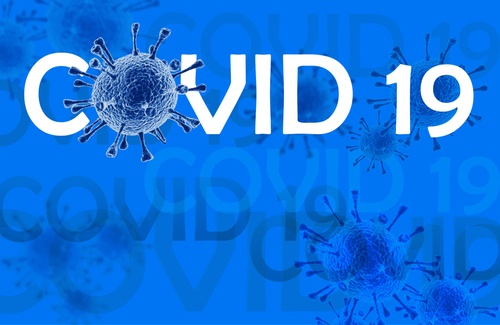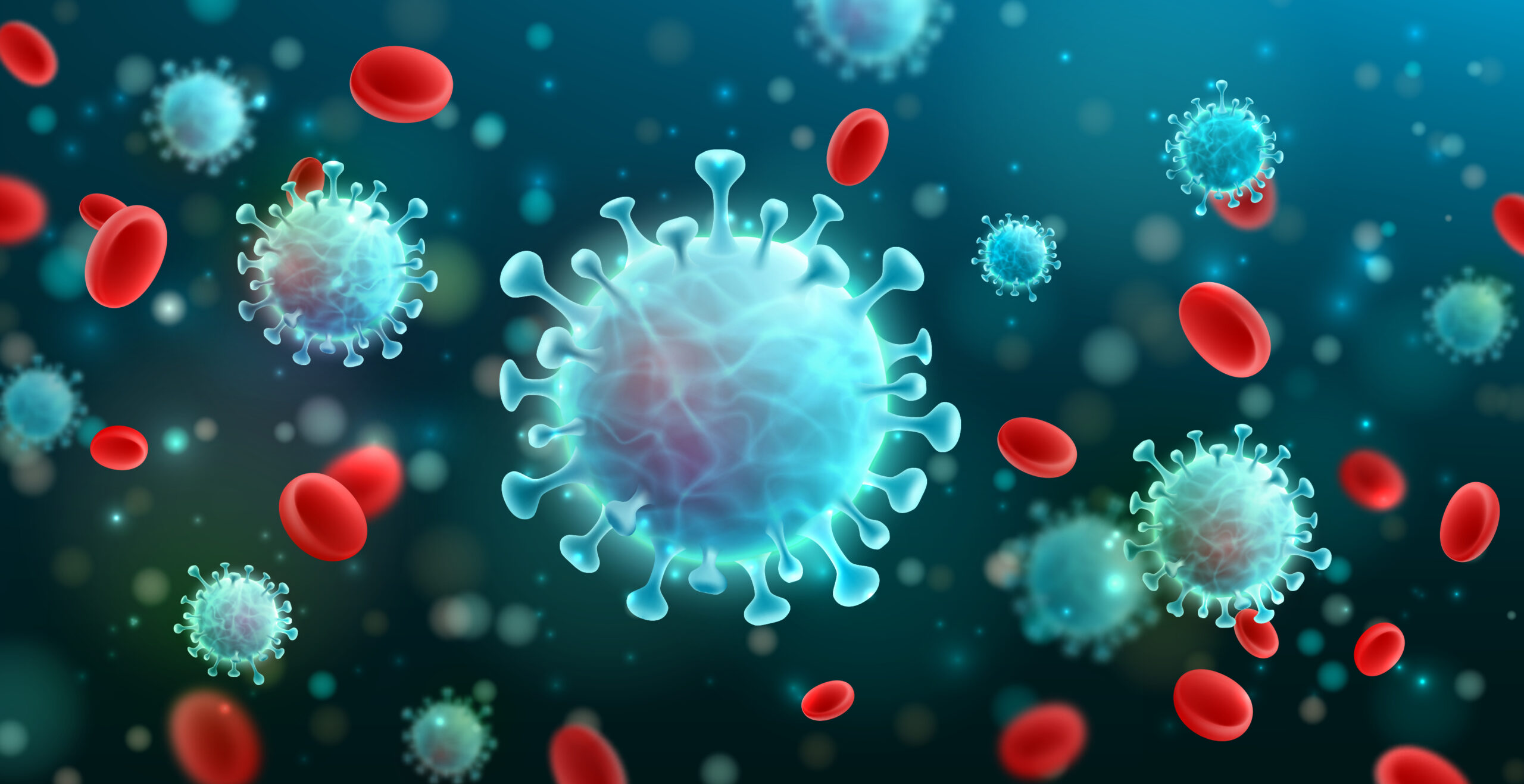
Recipients of kidney transplants are immunocompromised and vulnerable to infection, and are at risk of severe disease and mortality associated with COVID-19. Emily E. Zona and colleagues at the University of Wisconsin School of Medicine, Madison, conducted an analysis to characterize the sequelae of infection among kidney transplant recipients at the center.
Results were reported during a poster session at the American Society of Nephrology Kidney Week 2023. The poster was titled Sequelae of Severe Respiratory Syndrome Coronavirus 2 (SARS-CoV-2) Among Kidney Transplant Recipients: A Large, Single-0Center Experience.
The analysis included data on all adult kidney transplant recipients who had a first episode of COVID-19 between April 2020 and April 2022. Eligible participants had at least 12 months of follow-up (excluding those who experienced graft failure or death). The outcomes of interest were risk factors for hospitalization, all-cause mortality, and COVID-19-related mortality.
Of 979 eligible kidney transplant recipients, 39% (n=381) were hospitalized due to a first episode of COVID-19. At baseline, those in the hospitalized group were older at COVID-19 diagnosis than those who were not hospitalized (59.8 years vs 53.7 years; P<.001). Hospitalized patients were also more likely to be male (63% vs 55%; P=.02), non-White (28% vs 16%; P<.001), have diabetes mellitus as the underlying cause of end-stage kidney disease (ESKD) (33% vs 14%; P<.001), and less likely to have received a living donor kidney transplant (35% vs 48%, P<.001).
Vaccination against COVID-19 resulted in reduced risk of hospitalization (hazard ratio [HR], 0.73; 95% CI, 0.59-0.90), risk of all-cause mortality (HR, 0.52; 95% CI, 0.37-0.74), and risk of COVID-19-related mortality (HR, 0.47; 95% CI, 0.31-0.71).
In multivariable analysis, the risk factors for all-cause mortality and COVID-19-related mortality were advanced age (HR, 1.05; 95% CI, 1.03-1.07 and HR, 1.04; 95% CI, 1.02-1.05, respectively), hospitalization (HR, 6.76; 95% CI, 3.43-13.28 and HR, 24.3; 95% CI, 6.9-85.7, respectively), and respiratory symptoms for hospital admission (HR, 2.29; 95% CI, 1.42-3.68 and HR, 2.73; 95% CI, 1.52-4.89).
Additional risk factors were being a non-White recipient (HR, 1.46; 95% CI, 1.01-2.12) and diabetes as the cause of ESKD (HR, 1.42; 95% CI, 1.00-2.01). Being a recipient of a living donor transplant had a protective effect (HR, 0.69; 95% CI, 0.48-1.00).
“Hospitalization due to COVID-19 is associated with increased mortality,” the authors said. “Vaccination against COVID-19 is a protective factor against hospitalization and mortality.”
Source: Zona EE, Gibes ML, Jain AS, et al. Sequelae of severe acute respiratory syndrome coronavirus 2 (SARS-CoV-2) among kidney transplant recipients: a large single-center experience. TH-PO863. Abstract of a poster presented at the American Society of Nephrology Kidney Week 2023; November 2, 2023; Philadelphia, Pennsylvania.





 © 2025 Mashup Media, LLC, a Formedics Property. All Rights Reserved.
© 2025 Mashup Media, LLC, a Formedics Property. All Rights Reserved.